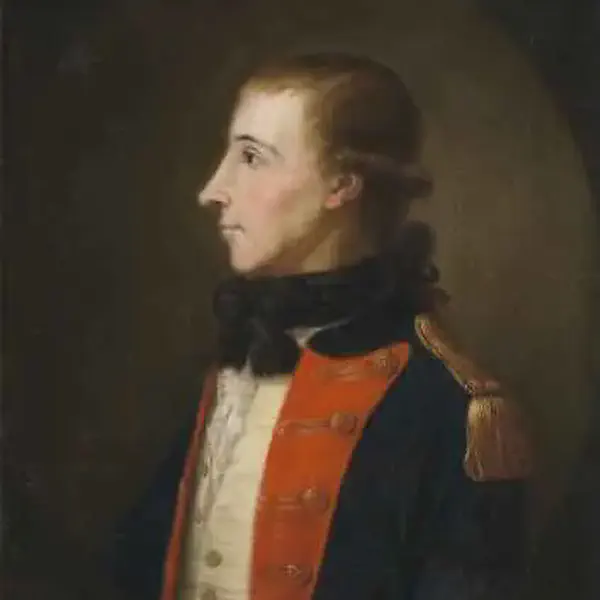
Hours Before His Execution, Irish Rebel, Wolf Tone Suffers a Deep Wound in His Neck
November 12, 1798
For his involvement, Wolfe Tone was arrested and said in court that he was determined “by frank and open war to procure the separation” of Ireland and England.
Following his conviction, Tone requested to be shot as a soldier would. He was denied, and on November 10, 1798, he was sentenced to be hanged on November 12, 1798.
In the early morning hours on the day he is due to be executed, it is discovered that Wolf Tone has inflicted a deep wound in his neck; a French emigrant surgeon, Benjamin Lentaigne, is called in, closes the wound and reports that, as the prisoner had missed the carotid artery.
A pamphlet published in Latin by the doctor some years after Tone’s official “suicide” refers to an unusual neck wound suffered by an unnamed patient which indicated that “a bullet passed through his throat”. This has led to speculation that Tone may have been shot.
Tone’s neck was slit either by a suicide attempt or at the hands of British soldiers it remains unclear.
Theobald Wolfe Tone died on 19 November 1798 at the age of 35 in Provost’s Prison, Dublin, not far from where he was born.
He is buried in Bodenstown, County Kildare, near his birthplace at Sallins, and his grave is in the care of the National Graves Association.
Wolf Tone: To the people, he had the following to say from the dock:
I have laboured to abolish the infernal spirit of religious persecution, by uniting the Catholics and Dissenters. To the former I owe more than ever can be repaid. The service I was so fortunate as to render them they rewarded munificently; but they did more: when the public cry was raised against me—when the friends of my youth swarmed off and left me alone—the Catholics did not desert me; they had the virtue even to sacrifice their own interests to a rigid principle of honour; they refused, though strongly urged, to disgrace a man who, whatever his conduct towards the Government might have been, had faithfully and conscientiously discharged his duty towards them; and in so doing, though it was in my own case, I will say they showed an instance of public virtue of which I know not whether there exists another example